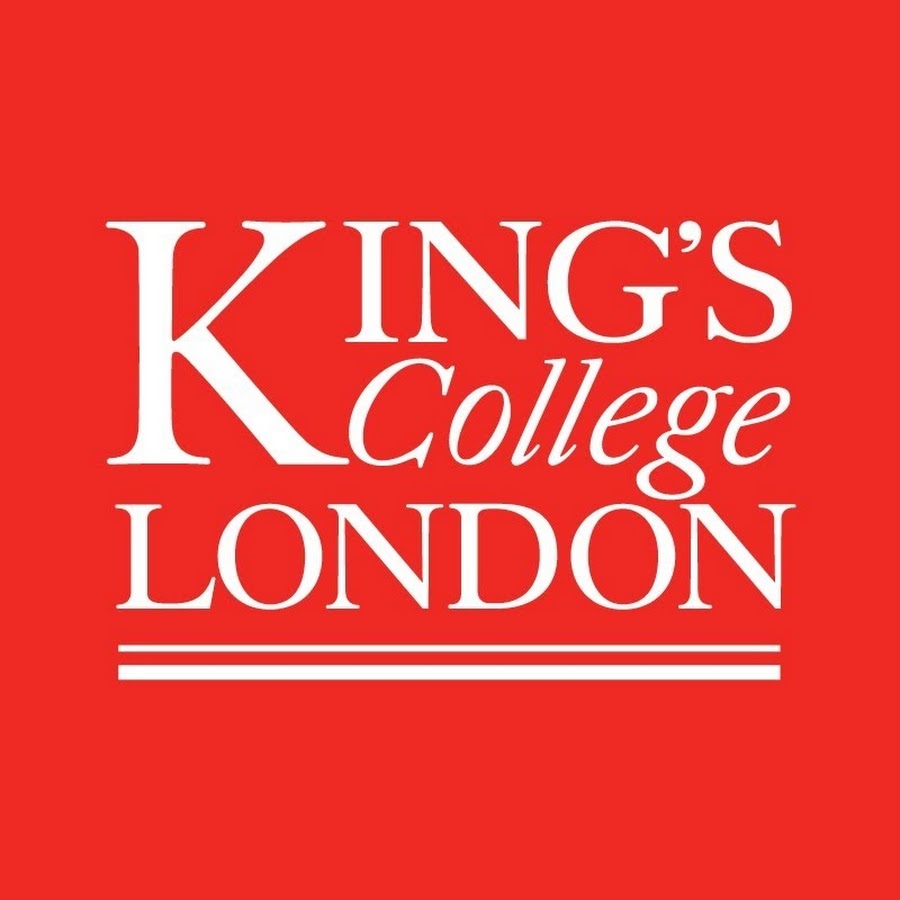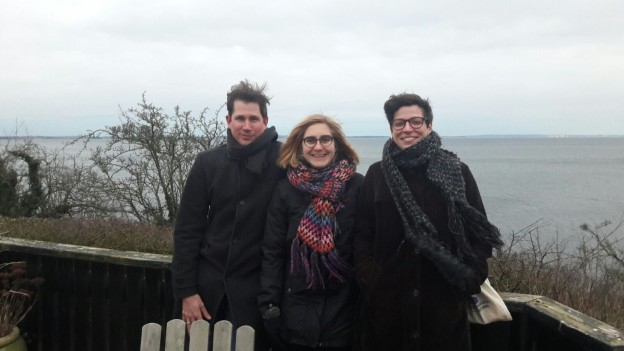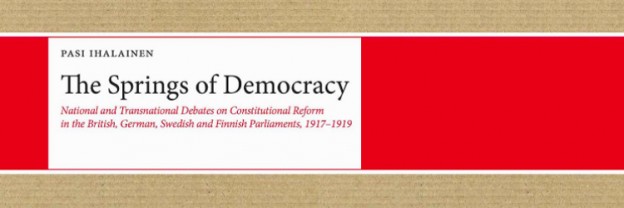Graduate Student Call for Papers | 5-7th June 2019, London, UK
‘History in Light of Brexit’
The Association of Political History, King’s Contemporary British History, The Strand Group, The History of Parliament Trust
Keynote Speaker: Rt. Hon. Ed Balls
There have been, and will be, numerous conferences about the causes and consequences of Britain’s departure from the European Union. This conference is not one of them. Rather, we want to think about history in light of Brexit. Indeed, to ask what does Brexit mean for the recent political history of Europe and Britain?
We are seeking abstracts from graduate students. Some participants may choose to address the issue by directly talking about the relationship between Britain and the European Union, others may adopt more tangential approaches. We welcome all takes on the question.
Some may want, for example, to talk about British notions of exceptionality and how far back those notions can be traced. Is British history best understood as an ‘island story’ set apart from that of other nations?
Perhaps even more importantly, participants who specialize in the history of continental Europe are invited to ask whether there is a specifically European political identity. One odd feature of recent discussion of British exceptionalism has been the absence of attention to any European model from which Britain is held to diverge and the lack of recognition that European countries might have their own senses of national peculiarity.
Approaches
We should stress that there is no expectation that all papers will be about purely British or European history. Historians of other parts of the world may well see links between their works have with Brexit. To take two obvious examples, scholars of Chinese history may have things to say about notions of national peculiarity; scholars of India may well feel that there are things to say about notions of federations and indeed that such notions may have had a considerable influence of how the British conceive their role in international bodies.
What does Brexit mean for the relationship between academic history and the outside world? Does our historical research need to speak more clearly to present-day political concerns?
Another approach might be to review classic works on national identity and nationalism, asking how we might revisit the arguments of, say, Benedict Anderson’s Imagined Communities, Linda Colley’s Britons, Eugene Weber’s Peasants into Frenchman or Alan Milward’s The European Rescue of the Nation State considering Britain’s departure from the European Union and rise of populism across the continent.
None of these ideas are more than suggestions. It should be stressed, though, that we are looking for something slightly different from a typical conference paper. Participants are not to be required to address particular themes but rather invited to talk about their own research in the light of broader reflections about the political history of Britain and Europe. This is, of course, quite daunting, but the conference should be seen as an opportunity for graduate students to be intellectually ambitious and as way for them to get to grips with the broader historiographical significance of their research. If any graduate students have any questions about submitting an abstract, please contact Tom Kelsey (historyinlightofbrexit@gmail.com).
Papers
We will be using pre-circulated papers. At the conference itself, presentations will be limited to 10 minutes. The purpose of these talks is to summarise the big arguments being put forward. After these presentations, panels of three speakers will receive in depth feedback on their pre-circulated up to 6,000-word papers from an academic in the Association of Political History Network. This will be followed by a broader conversation with the conference audience.
Application
It should be stressed that only PhD candidates from universities participating in the Association of Political History can apply. Proposals should be no longer than 250 words for individual papers, and 1,000 words for three-person panels. They should be sent to historyinlightofbrexit@gmail.com by 15 February 2019. The abstract should be submitted as a Word document and include: 1) the title of the presentation; 2) institutional affiliation; 3) your email address. Applicants will be informed of the outcome the week beginning 4 March 2019.
An accepted paper of no more than 6,000 words must then be submitted to the conference organizers by 13 May 2019 at the latest. The paper will be made available to the other participants during the following week on a closed website.
Costs
There will be no registration fee for this conference and we will at least partially subsidise accommodation and travel for participating doctoral students.








